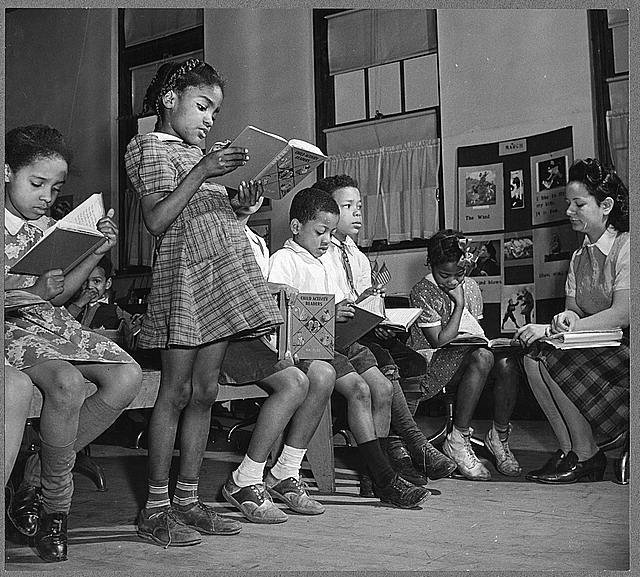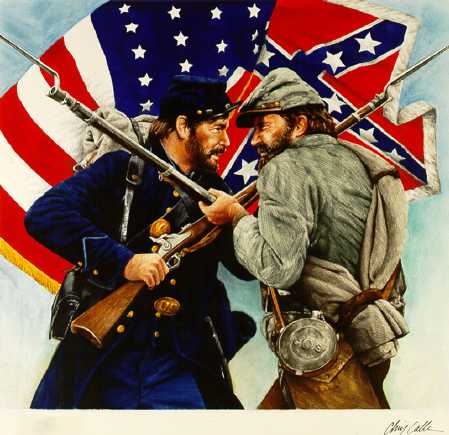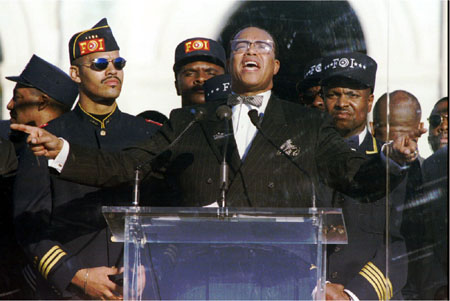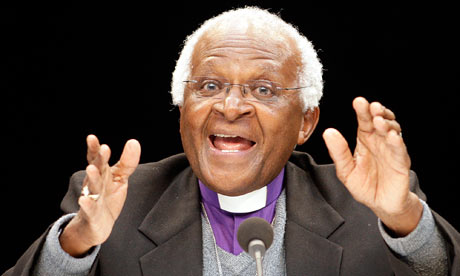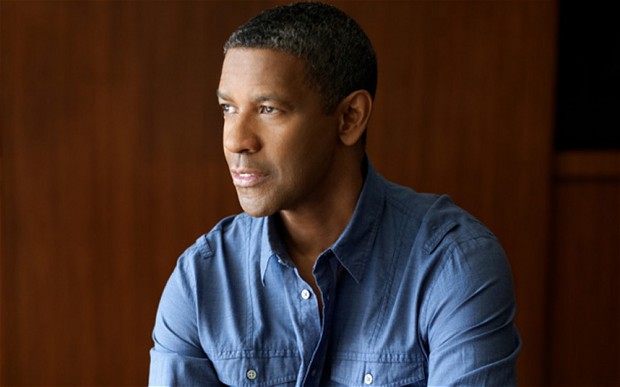1804
Lemuel Haynes receives an honorary master’s degree from Middlebury College in Vermont
1823
Alexander Twilight earns a bachelor’s degree from Middlebury
1837
Cheney State Training School in Pennsylvania is founded as the first major black college or university
1849
Charles Reason becomes the first African American professor at a predominantly white university, teaching French, Greek, Latin, and mathematics at New York Central College
1850
Lucy Stanton Sessions becomes the first African American woman to complete a collegiate course of study, at Oberlin College in Ohio
1862
Mary Jane Patterson is the first African American woman to receive a bachelor’s degree, from Oberlin College
1865–1869
Several major black colleges and universities are founded: Shaw University (SC), Atlanta University (GA), Virginia Union University (VA), Bowie State College (MD), Fisk University (TN), Howard University (DC), Hampton Institute (VA), Clark College (GA)
1874
Edward Alexander Bouchet becomes the first African American inducted into the Phi Beta Kappa academic honor society; in 1876, he becomes the first African American to receive a doctorate degree (in physics, from Yale University)
1895
W.E.B. Du Bois earns a doctorate degree from Harvard University; the next year, Harvard Historical Studies publishes Du Bois’s dissertation, Suppression of the African Slave Trade
1904
Mary McLeod Bethune establishes the Daytona Normal and Industrial School in Florida, later renamed Bethune-Cookman College
1906
John Hope becomes the first African American president of a university, at Morehouse College in Georgia
1907
Alain Locke becomes the first African American Rhodes Scholar
1915
Historian Carter G. Woodson establishes the Association for the Study of Negro Life and History and edits the Journal of Negro History, which first appears in 1916
1921
Several African American women earn doctorate degrees from U.S. institutions: Sadie Tanner Mossell Alexander (University of Pennsylvania, economics); Eva Dykes (Radcliffe College, English); Georgiana Simpson (University of Chicago, German)
1922
Lucy Diggs Stowe, cofounder of the African American sorority Alpha Kappa Alpha, serves as dean of women at Howard University in Washington, D.C.
1926
Mordecai W. Johnson becomes the first African American president of Howard University
1943
Frederick Douglass Patterson, president of the Tuskegee Institute, establishes the United Negro College Fund to provide financial support to black students who wish to attend college
1962
Mississippi Governor Ross Barnett attempts to prevent James Meredith from becoming the first black student at the University of Mississippi, but the U.S. Supreme Court rules in Meredith’s favor, and he enrolls amid rioting
1963
Alabama governor George Wallace physically bars Vivian Malone and James Hood from registering at the University of Alabama; ultimately, the National Guard is called in to accompany the two students to enrollment
1968–1969
African American students wage protests to demand changes in curriculum, admissions, and hiring of black faculty on several college campuses, including Brandeis University, Trinity College, Columbia University, Ohio State University, and Cornell University
1987
Scholar and critic Henry Louis Gates Jr. publishes Figures in Black, a seminal work that sets forth his theories about the interpretation of black literature; the next year, he articulates these theories further in The Signifying Monkey
Credit: sparknotes

